Need a safe space?
More and more, kids and young adults do, and it’s no wonder. There’s no keeping score in sports, no grades in school, and everyone gets a trophy. When kids aren’t taught to deal with these small issues as small kids, they can’t deal with bigger issues as big kids. Unfortunately, the madness continues unabated. The latest? Schools don’t allow best friends.
At Thomas’s Battersea, for example (Prince George’s new school), they think it’s mean to let kids have a favorite playmate. “There are signs everywhere saying ‘be kind’ – that’s the ethos of the school,’ Marie Claire reported a source saying, ‘They don’t encourage you to have best friends.” Being kind is wonderful; but if they’re equating that with telling you who with whom you can play, they’re terribly wrong. They’re actually just taking away the tiny disappointments that allow kids to create coping mechanisms they’ll need later in life. Should teachers mix up groups for different activities so kids interact with everyone else? Of course, but that’s not the same thing as telling a child who his or her friends can be.
Educational psychologist Gaynor Sbuttoni said that this practice is frustratingly common for such a bad idea. She said that the main concern of parents and teachers is that children will be upset if they are left out or get into an argument with their best friend. “‘If they break up, they have to feel the pain because then they’re learning to deal with it,” she told the Daily Mail, “As parents, we’re all trying to prevent our children feeling pain, but what we should be doing is helping them bear it and find solutions, rather than trying to take it away.”
Business Insider reported that studies have shown that having a few close (dare I say “best?”) friends is a lifelong benefit:
A wealth of research indicates best friends create value for people throughout their lives. One study recently published in Child Development found people with best friends enjoyed better mental health well into adulthood.
“We weren’t surprised that better adolescent close friendships turned out to be important, but we were surprised by just how important they turned out to be into adulthood,” Rachel Narr, University of Virginia doctoral student and lead author of the study, told New York Magazine.
Narr’s study also found kids with broader friend groups tended to grow up with higher rates of social anxiety than kids with smaller numbers of closer friends.
And although anti-best-friend policies may help kids in the short-term, research suggests the strong connections found among best friends could be vital for mental health in a world where adolescents are lonelier than ever.
As for me, I’I’ll take my changes. I’d rather have four quarters than a hundred pennies.

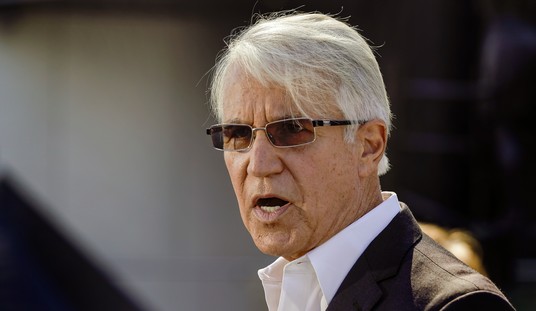
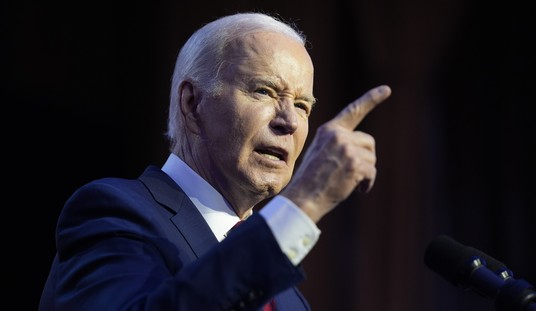



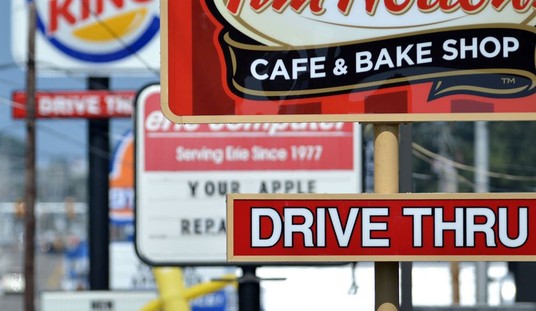
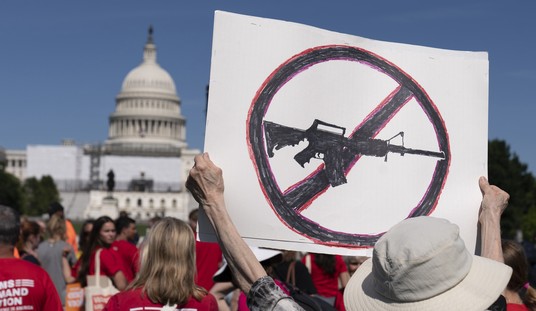
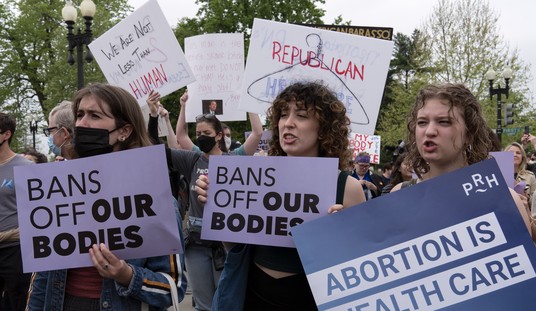
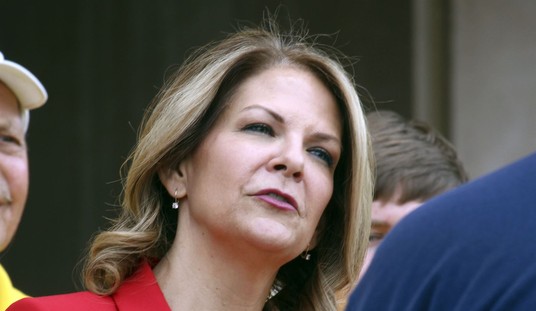


Join the conversation as a VIP Member